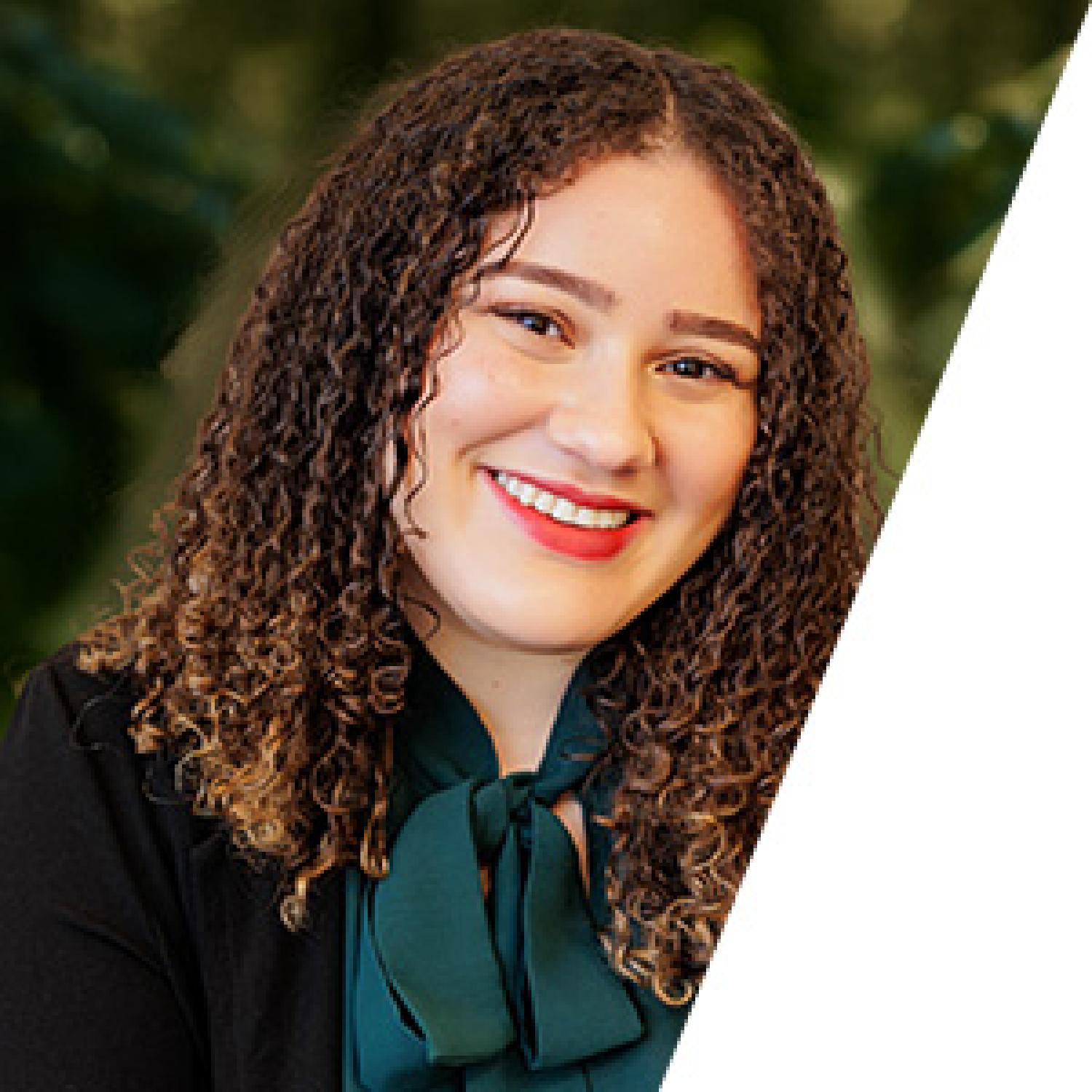Leading for Change in Science Assessment Practice Certificate
Center your science classroom around phenomena.
In this certificate, you will learn how to adapt, develop and pilot assessments that elicit students’ integrated understanding of disciplinary core ideas and crosscutting concepts.
Although course materials draw on iHub secondary biology materials, the certificate is open to teachers of all age ranges.
At the end of this certificate, you should:
- have a suite of piloted assessments and scoring guides that you can use in your classroom;
- learn strategies for eliciting students' interests; and
- discover how students’ own identities can be leveraged in instruction.
We strongly encourage students to take the core courses in sequence.
Have Questions?

Course Descriptions
Visit the University Catalog for a complete summary of the program as well as its requirements, course descriptions and learning outcomes.

